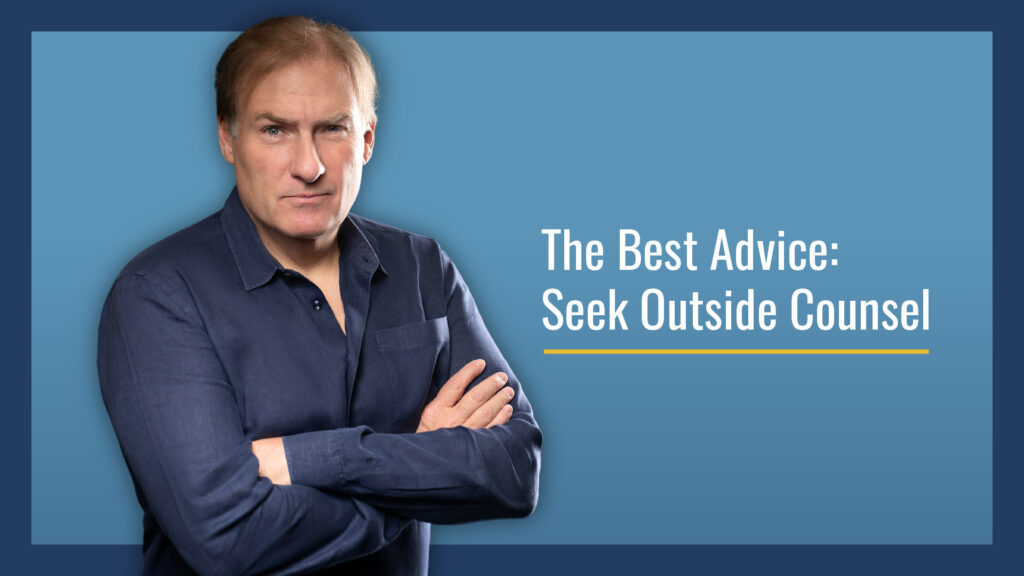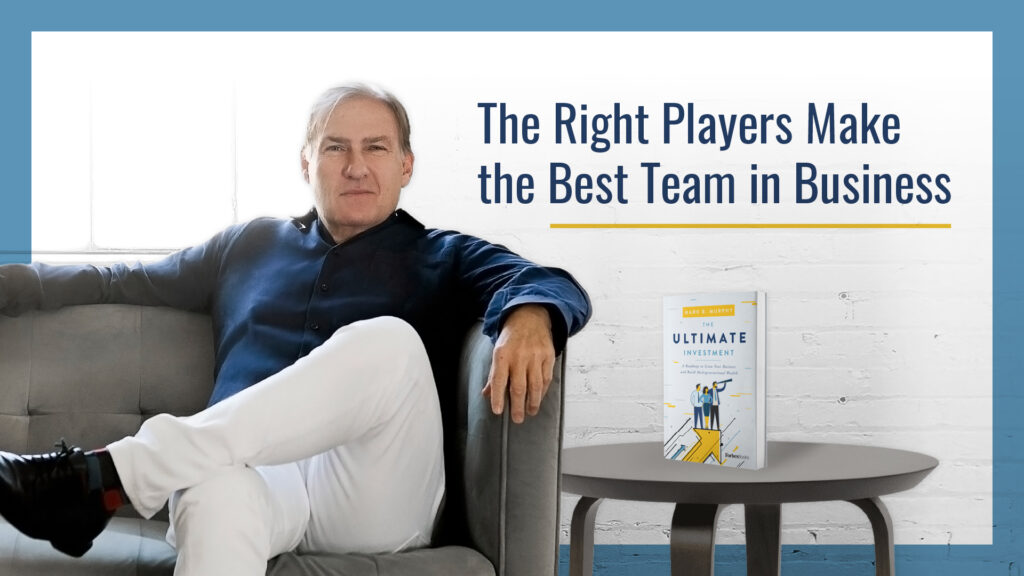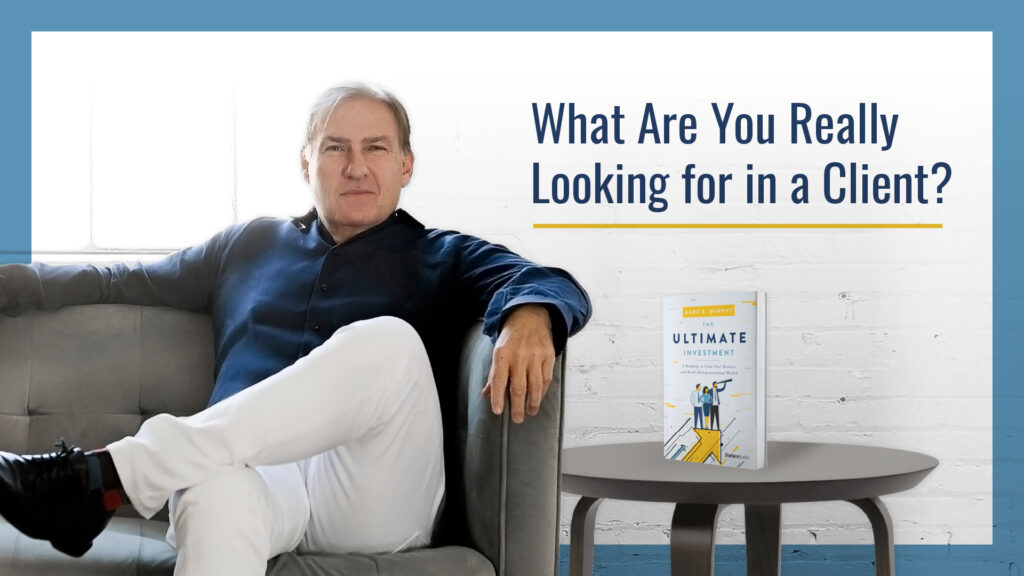In today’s ever-changing world, businesses are constantly dealing with disruptions. That’s why being adaptable to change is key to growth and longevity.
Just look at recent years as evidence: a great recession, a pandemic, and a few wars to boot. To keep going as a business, at times, has meant adapting in drastic ways. Add to that the online universe, and you have ways of doing business that few imagined only a few decades ago. Without online banking, for instance, banks would shutter completely. The workforce has shifted from a healthy in-person setting to hybrid and completely remote roles. Skepticism toward gas-powered vehicles has more people turning to hybrid or electric cars.
Amid all this disruption, the businesses that have continue to operate—and even thrive—are those that have learned to adjust by overcoming hurdles and adapting for the future. Disruptable thinking is the best way to keep the company open and growing. Historically, that’s the way it’s always been—those businesses willing to adapt and change have kept their doors open for the long-term.
Let’s face it, true entrepreneurs are constantly innovating, changing, and elevating their thoughts. They’re always looking for ways to be on the cutting edge of disruption—in fact, entrepreneurs are often the source of the disruption. Think about the internet and its impact on the middleman. The disruption the internet and digital technology have meant some companies that had been around for 150 or 200 years completely disappeared. Digital made Kodak—the world’s go-to for camera film—a thing of the past. Blockbuster brick-and-mortar stores were put out of business by little red kiosks courtesy of RedBox, followed by streaming services from the likes of Netflix, Disney+, and HBO Max.
The internet has also peeled off a layer of obscurity from businesses. With so much information available in the palm of their hands, consumers have come to expect transparency and immediacy. Today, companies are expected to be very open about services and pricing—and they must be available in milliseconds 24/7.
On top of being transparent and keeping pace with the fast-changing demands of consumers and the market, to complicate matters even more, entrepreneurs must constantly strive to grow, watch for buyouts, and learn to play tough in a competition-free zone. A competition-free zone? On the internet? Of course, with so many more options for buyers to choose from, most businesses are like small in a big ocean.
How can you compete in such a zone? Offer wisdom over knowledge. That’s how the businesses winning on the internet are doing it.
That starts by understanding the difference between the two terms. Knowledge is basically just information. Knowledge can be obtained from books, blogs, podcasts, publications, or the internet. Pretty much everyone today has access to knowledge with just a few clicks.
Wisdom, on the other hand, is more than your IQ, your level of intelligence. Wisdom encompasses your EQ, your emotional quotient, or your ability to recognize and respond wisely to emotions; your social quotient, or how well you get along with people; and your adversity quotient, or your ability to navigate problems and obstacles. By cultivating these different components of wisdom within you, you can create a competition-free zone or, better yet, become a disruptor.
Let’s look at a few examples of what I mean in being a disruptor in a disrupted industry.
Example #1. When insurance companies lowered reimbursements to doctors for the procedures they were providing, most practices just settled for making less money and kept operating business as usual. But when costs kept rising year after year, doctors grew less and less satisfied in their jobs. Some eventually found themselves going from a life’s dream to complete misery in a dead-end career. But some took another path. They created their own in-house insurance plans and decided to go fee-for-service, allowing patients to pay out of pocket instead of going through insurance. As a result, these practices grew exponentially.
Example #2. Then there’s the limousine industry in the age of Uber. Best of the best limousine companies offer a caliber of service Uber cannot match. Instead of airports and weddings, these companies have their luxury vehicles idling at the best hotels as ready access for executives who desire an elevated and exclusive level of service. White-glove treatment and a driver wearing a crisp suit opening the door and extending an air of respect while catering to your comforts—you won’t get that kind of treatment from Uber, but you will from a limousine company that knows how to respond to disruption.
Example #3. Even in the financial services industry, my industry, we see many investment and insurance products being commoditized. From a handful of investments and insurance options only a few decades ago, today there is a smorgasbord of choices. There are any number of products and solutions and a people touting themselves as insurance brokers and financial experts. But in the whirlwind of options, one thing is still not commoditized—a personal, one-on-one approach to helping clients see how all the pieces of their lives and businesses need to be integrated. That one difference-maker is what helps clients get the maximum output from their input. That’s the formula for wisdom. If you can help clients achieve their maximum potential, you’ve created immense value for them. And then you’re not as vulnerable to disruption.
Think your business can’t be disrupted? Think again. All it takes is doing things the same way year after year until you become stagnant. That’s easy to do because, when something works, why change? If there’s no pain in what you’re doing, you’re stilling bringing in revenue (maybe not as much), then change for change’s sake can seem pointless. But it’s those business owners who fail to change tactics and who keep doing things the way they’ve always done them for ten, twenty, years or more that are most vulnerable. After doing something the same for so long, systems and processes are so ingrained it’s harder to change and adapt. At that point you can become like a taxi driver in an Uber world—outdated, pushed aside, and all but forgotten.
How do you change and adapt to keep up with disruption? For starters, hire good people who have a fresh outlook and know how to adapt and change. Next, get out of your comfort zone and learn to trust those you hire to get ahead of disruption. Finally, shift your focus from merely conducting transactions to being transformational. For instance, look at the way accounting firms operate today. More than just using software systems to complete tax returns, these professionals are now offering tax advice—they’re not just selling information, they’re selling wisdom.
You can do the same. What wisdom do you have about your industry that you can use to develop new, consistent, repeatable processes? And how can you use your wisdom to create more efficiencies in your back office?
Your customer relationships also need to more transformational, not just transaction. Customers are looking for companies where experience matters. More than just trying to catch the most fish, catch the best fish—those customers who are so loyal to you and your brand that they won’t abandon you if you have to raise prices a few pennies. If price is all that matters, you’re a commodity, not a business.
So there’s value in disruptable thinking. It’s about evolving and adapting to keep pace—or even leading change—instead of hanging on until you’re forced to change, at which point it’s often too late.









